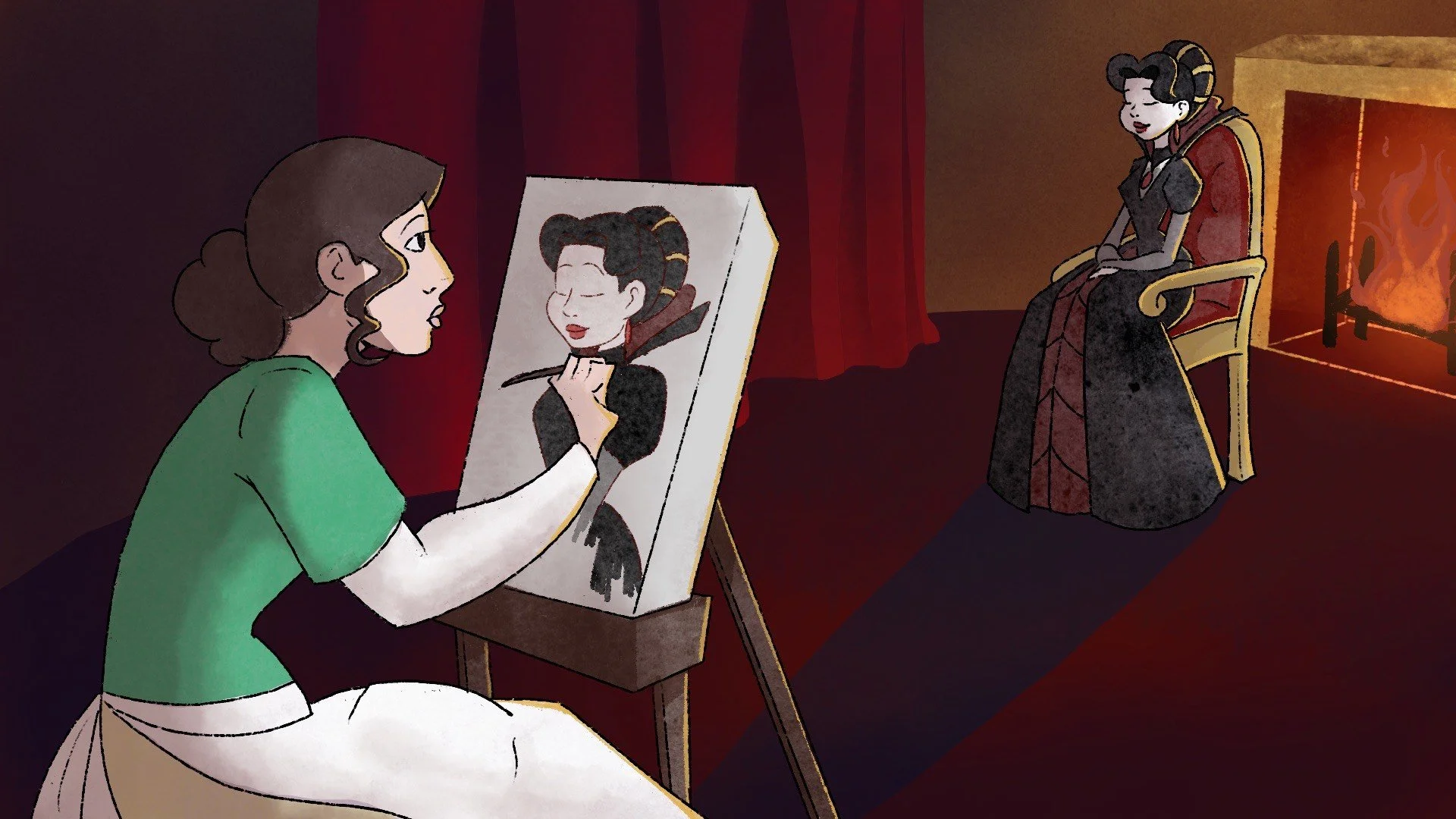Since I work with many indie developers as a game music composer, I’ve been asked a few times and invited to be involved with revenue share deals with new and up-and-coming indie games. Unfortunately, I do not usually take these on for various reasons, but since it has come up a few times I thought it might be useful to look at some of the pros and cons of working in this way with a composer. So let’s look at the pros and cons one by one:
1. You Don’t Need a Pay Anything Now
The most obvious positive side to paying a composer based on royalties or revenue share, is that you only need to pay them if your game is successful and you’re doing well yourself.
You don’t need to pay anything now and so budgeting for music (or a lack of budget) doesn’t become an issue.
Con: Not all composers will be willing to work on this basis, since if your game is not successful, they won’t earn anything and will have spent quite a bit of time creating music for your game without any guarantees of payment.
Also see: 5 Reasons to Invest in Great Game Music
2. Lower Risk for You
Since you aren’t investing in the music now, your risk is lowered and you won’t be losing any money from working on this project. You’re just investing your time and energy and so your risks generally are minimised.
Con: There is a risk involved in investing in your game but there is also a risk involved in NOT investing in your game too. If you aren’t willing to invest in your own creation and idea, others may perceive this as you not truly believing in it. So if you don’t believe in it, why would others?
3. You’ll be In It Together
Anyone working with you based on a revenue share deal will be ‘in it with you’ through your game development journey. So in theory, you all have some incentive to seeing the project through and doing what you can to make it work, otherwise no one will get anything from it!
Con: As a game developer you may think that it’s fair for everyone to be ‘in the same boat’ and to be putting in time and effort into building different parts of the game – however, for artists and composers, unless they’re your friends and/or are involved in the game design, concepts and development itself - it’s not quite the same as you since it’s not really their game – it’s yours. You are getting the benefits of seeing your idea come to life – but for them, it’s different and they will never be as emotionally invested in it as you.
4. You can ‘Test Out’ Resources
Given that you aren’t paying anyone upfront for their contributions, you can test them out and see what their work is like and/or what it’s like to work with them – and if things aren’t working out, you can decide not to continue.
Con: This is the same for the composer or artist working with you though. If they no longer enjoy working on the project with you or simply decide for any other reason that they want to stop – they can do.
Other downsides to working based on revenue share or royalties is that
- You and your game will most likely not be top priority compared to a composer’s paid work or projects.
- More experienced composers with lots of projects on, will probably not want to take this type of deal on
- Relationships can go sour quite quickly if people aren’t genuinely enthusiastic about your game and your team, & I’ve heard of composers disappearing half way through because they get bored, lose interest/belief in the project or have a better offer and other projects to work on
- If your game is successful, you will need to administer and set up the payment structure of sending your composer regular payments each month or so. i.e. this will be an on-going relationship and admin for you to keep on top of.
About the author: Ninichi is a freelance game music composer. She has composed the soundtracks and music to several indie games, films, tv / web series and more. To explore working with her on your game, film or media project contact her now.
See examples of Ninichi's game music & read more articles on Ninichi music blog. Follow her @ninichimusic





















